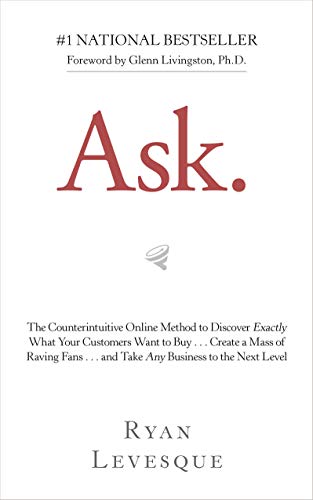
Physical training
Physical training, also known as exercise or fitness training, is crucial to maintain a healthy lifestyle and improve overall well-being. It involves engaging in planned physical activities targeting specific muscle groups, enhancing cardiovascular endurance, improving flexibility, and building strength.
Besides the physical benefits, exercise positively impacts mental and emotional well-being. Physical training stimulates the release of endorphins, often called the “feel-good” hormones. These neurotransmitters alleviate stress, anxiety, and depression, promoting a positive mood and overall mental well-being.
Exercise is proven to enhance cognitive abilities, memory, and concentration.
Sharing
As a software developer, you possess a wealth of knowledge and experiences that can benefit others in the field.
Sharing your knowledge helps others, but it will also showcase your expertise and solidify your position as an authoritative figure in the software development community. Teaching is the best form of learning. Try keeping a log of problems you have encountered and how you solved them. You will likely have similar issues in the future. You can also use it to find interesting topics to share.
Why not present something you have learned to your company or at a conference? I know it can be scary, but it’s also rewarding. It will help you grow as a developer.
Automate
Automation has become an essential aspect of the developers’ toolkit, especially with the increasing complexity of software development projects and the need for faster delivery. Automating repetitive tasks and processes saves time, improves efficiency, minimizes errors, and enhances productivity.
We will be more productive and can stay in the flow when writing code if we learn the keyboard shortcuts in the IDE rather than switching to the mouse.
A good way is to learn the shortcuts for the operations we do the most. For instance, how do I quickly jump between code and tests? How do I rename something?
We should not be afraid of using the command line to perform actions if it’s more effective.
Focus
Our ability to focus and efficiently manage our tasks is crucial to the success of any project. However, one of the biggest obstacles to achieving this focus is the constant context-switching we have to deal with. Moving from one task to another is referred to as context switching. These switches may happen due to changing priorities, interruptions from colleagues or stakeholders, or simply because we work on multiple features simultaneously.
We should minimize its impact on productivity and mental well-being, even if context switching might appear unavoidable in this fast-paced industry.
Turning off all social media and emails made it easier for me to focus. I put the editor in full screen when I code and try to use as many keyboard shortcuts as possible to avoid switching between keyboard and mouse.
A quiet and organized space promotes better focus. If there’s noise, investing in noise-canceling headphones could be worthwhile.
Reflect
Reflection is an essential and powerful practice that every software developer must embrace to reach new heights of success and excellence in their field. Developers can truly become indispensable team members by investing time and effort into thoroughly reviewing their work, analyzing mistakes, honing problem-solving abilities, elevating code quality, boosting efficiency, fostering professional growth, and nurturing collaboration. The act of reflection not only accelerates individual growth but also plays a pivotal role in driving the overall triumph of software development projects.
Journaling is a valuable practice that will undoubtedly enhance your daily life. By diligently documenting your experiences, you invite introspection and self-reflection and create a sense of closure at the end of each day. This journaling ritual enables you to release any lingering thoughts or emotions, granting you the freedom to unwind and detach from the events that transpired throughout the day.
Empathy
Empathy is the ability to understand and share the feelings of another person. It involves putting yourself in someone else shoes, considering their perspective, and acknowledging their emotions. Empathy fosters better communication and stronger relationships in a collaborative work environment. It enables teams to work more effectively together. You can find more information about this in a guest post I wrote here: https://digma.ai/blog/the-empathetic-developer/
Simplify
Code is not merely a tool for businesses; it is an essential component that directly impacts the behavior and value of software systems. Good code ensures efficiency, reliability, and maintainability. Poor quality code leads to increased costs and decreased value creation. By prioritizing code quality, businesses can avoid the pitfalls of technical debt, deliver faster and more stable systems, and achieve a competitive advantage in the market. Code is cost, and behavior is value – an equation that every business should strive to balance.
We should aim to provide comments that explain the reasoning behind the design of the code rather than just describing its functionality. Do not comment to cover up poor-quality code. We should program with intent. One way to help us with this is to apply the four rules for simple design by Kent Beck. It passes all the tests. It reveals intention. It avoids duplication and utilizes the fewest possible elements in its construction.
A good code should read like a story, not like a puzzle. William Zinsser describes his principle on writing in his book On Writing Well. We can create better results by focusing on simplicity, clarity, brevity, and humanity. Write programs for people to read and occasionally for machines to execute.
Review often to get feedback to avoid turning it into a blessing. Say what can be improved, not what is wrong.










